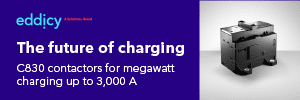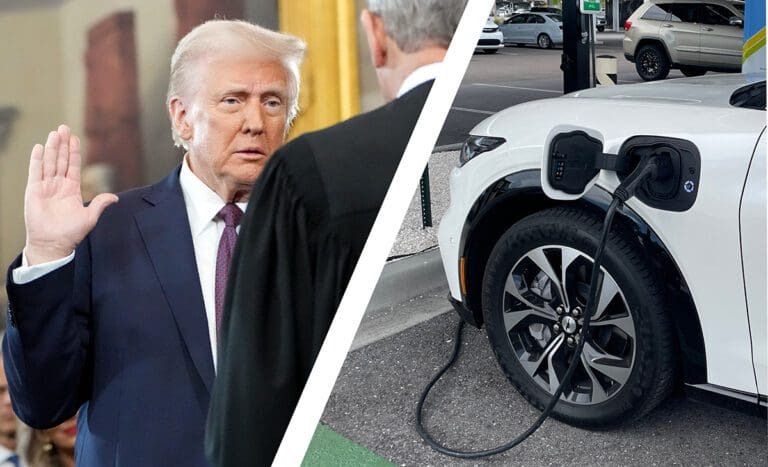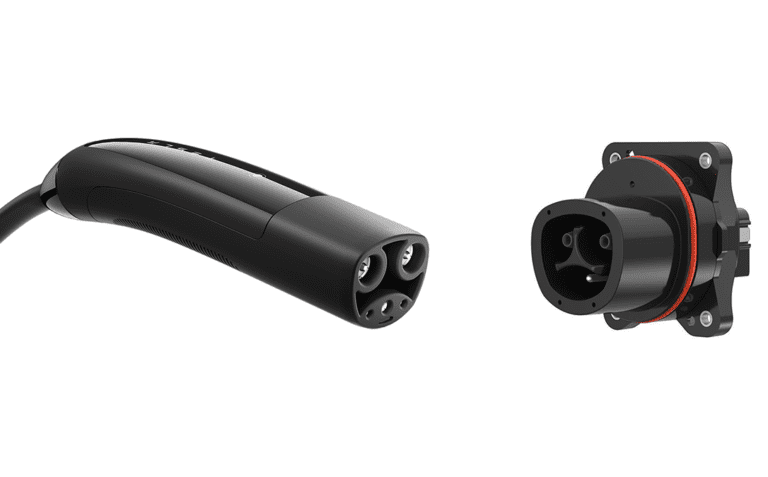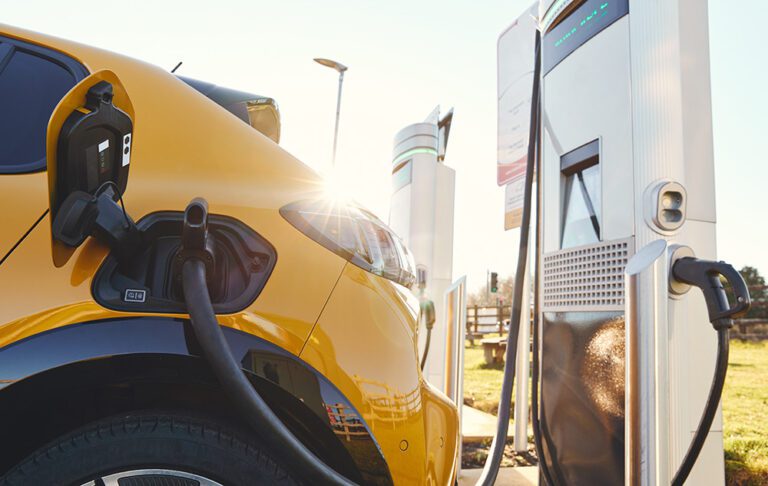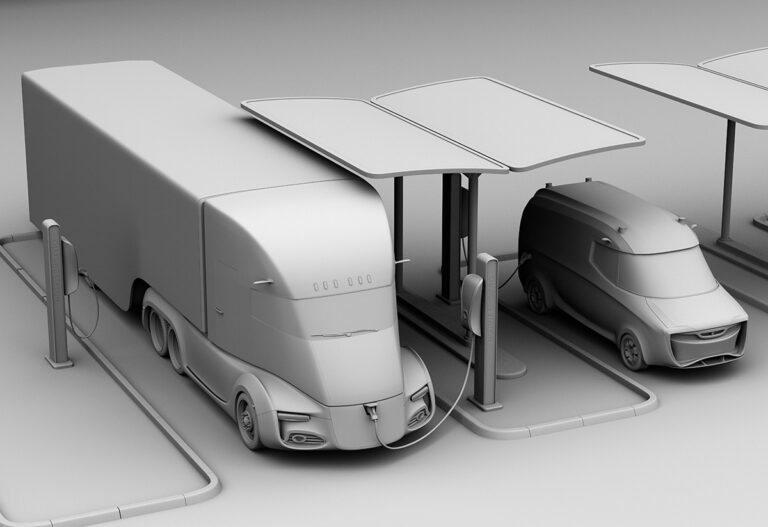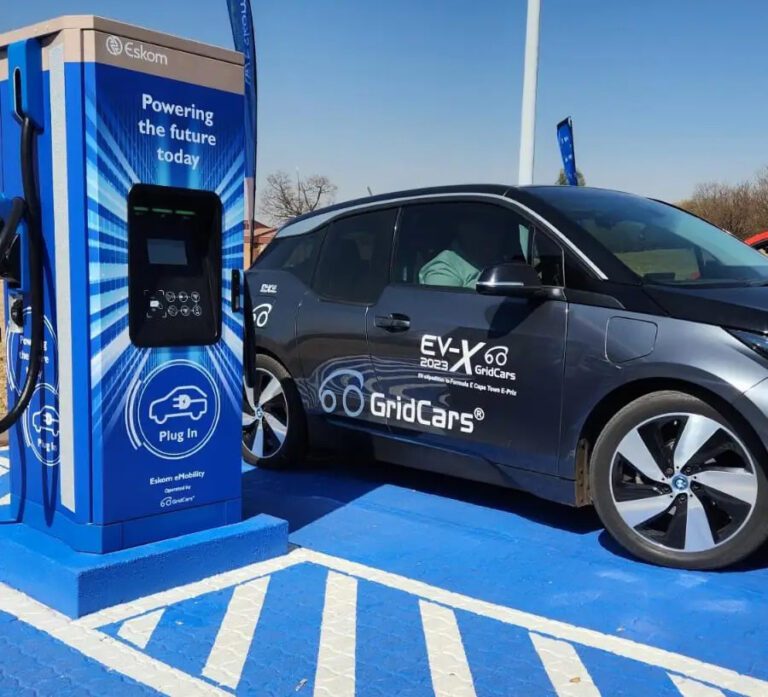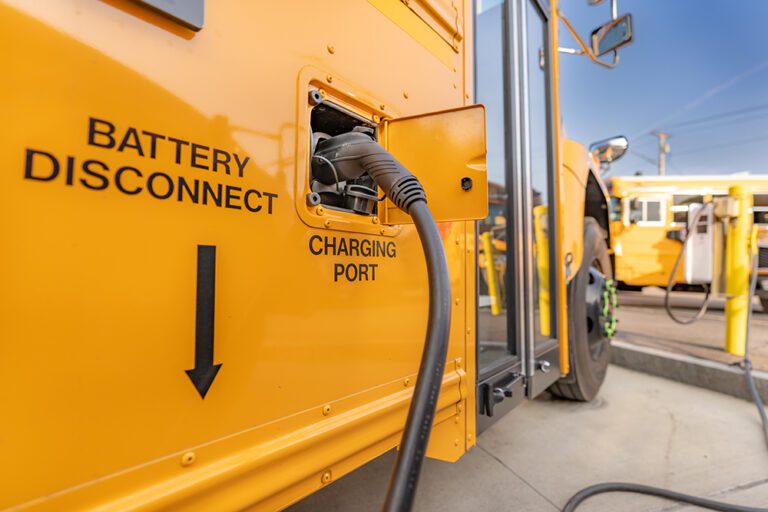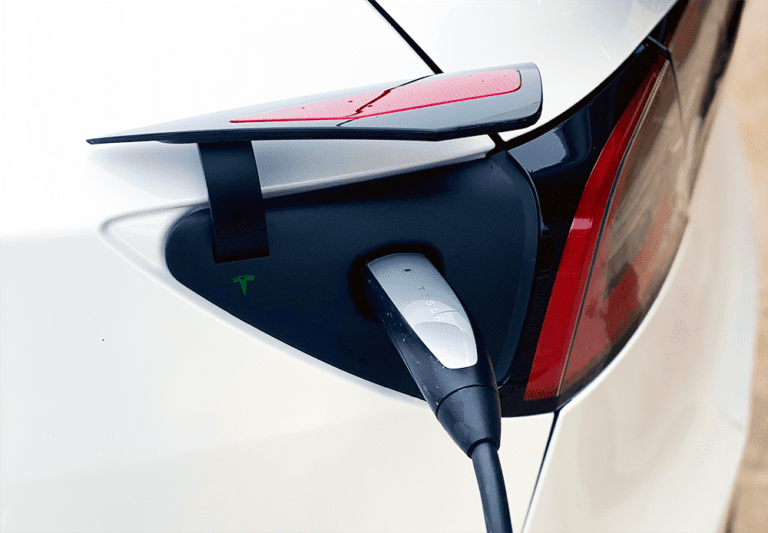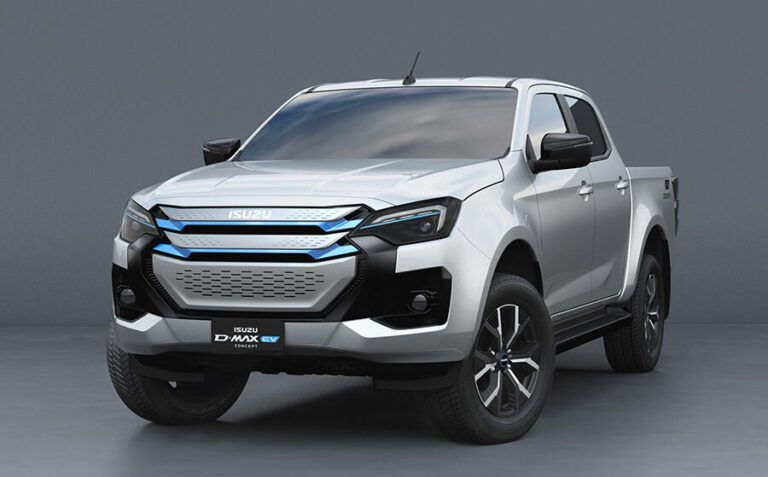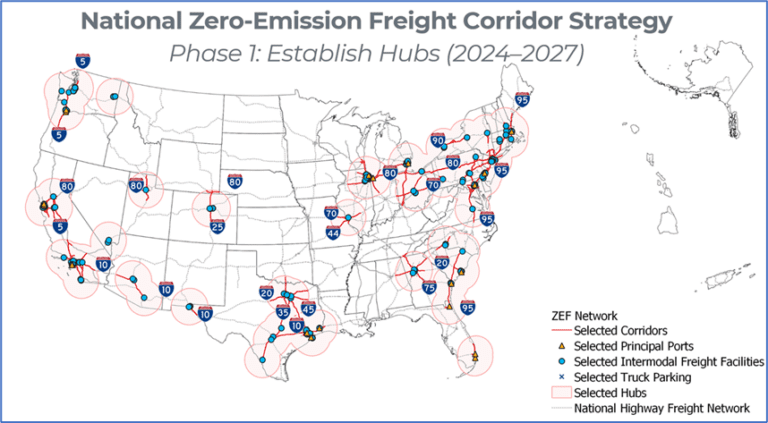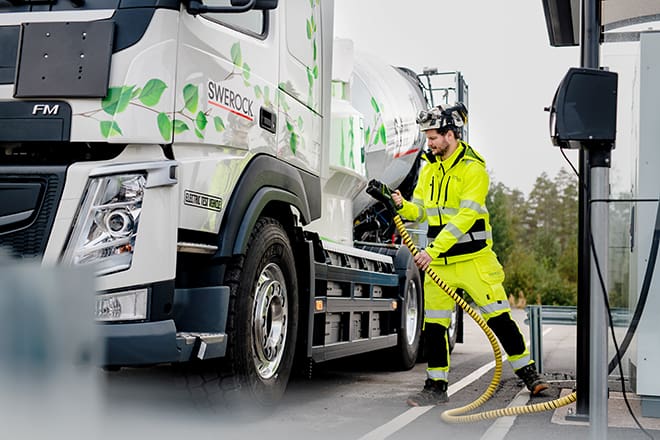As promised, the newly-sworn-in president of the United States signed a slew of executive orders designed to reverse federal support for electric vehicles and charging infrastructure. One such order signaled the new president’s intention to eliminate the Biden administration’s electric vehicle policies. Under the heading Unleashing American Energy, the order stated it would “eliminate the… Read more »
Search Results Found For: "National Electric Vehicle Infrastructure"
SAE International releases J3400 EV coupler recommended practice
SAE International, a US-headquartered global standards organization and association of mobility professionals, has released a new report: SAE J3400TM: NACS Electric Vehicle Coupler Technical Recommended Practice (RP). It establishes a framework for EV charging in North America that includes physical, electrical, functional, safety and performance requirements for the rollout of the standard later this year…. Read more »
New York State receives $21 million in federal funding to expand EV charging infrastructure
Funded by a $21-million federal National Electric Vehicle Infrastructure (NEVI) grant, New York State’s new Upstate NEVI Direct Current Fast Charger (DCFC) program will expand DCFC infrastructure, initially at locations along and north of I-84, including areas north to the Canadian border and west to Buffalo. The competitive program is administered by the New York… Read more »
US DOT issues RFI about EV charging needs of medium- and heavy-duty vehicles
The US Department of Transportation (DOT)’s Federal Highway Administration (FHWA), along with the Joint Office of Energy and Transportation, has issued a Request for Information (RFI) from stakeholders about EV charging technologies and the infrastructure needs for medium- and heavy-duty vehicles. The RFI supports the Biden Administration’s aim to build a national EV charging network…. Read more »
South African utility pilots EV charging infrastructure
South African electricity supplier Eskom has launched an EV pilot at the Eskom Academy of Learning (EAL) in the town of Midrand, Gauteng Province. The pilot project includes the procurement of 20 vehicles ranging from light delivery vehicles to light trucks for operational use. The company will install 10 charging stations in partnership with South… Read more »
Colorado announces $31.7 million in grants for electric buses
Governor Jared Polis and the Colorado Department of Transportation recently announced $31.7 million in grant funding to local governments, transit agencies and nonprofits for the purchase of 28 new electric transit vehicles. The Colorado Clean Transit Enterprise (CTE) will provide $15 million for the initiative, and the remaining $16.7 million will come from the Volkswagen… Read more »
Study finds EVs are lowering electricity bills for all customers, not just EV owners
There’s a lot of speculation about the effects widespread EV adoption will have on the electrical grid, but until now, little hard data. A recent study has found that, so far, EVs are having a salutary effect on the grid, saving ratepayers billions of dollars on their electricity bills. The analysis, which was commissioned by… Read more »
Isuzu unveils D-MAX electric pickup truck
Isuzu unveiled the company’s first battery EV at the 45th Bangkok International Motor Show in Thailand. Isuzu developed the D-MAX one-ton pickup truck to meet a broad range of commercial and passenger vehicle needs while retaining the tough performance expected of pickup trucks. The full-time 4WD system with newly developed e-axles in front and rear… Read more »
National Zero-Emission Freight Corridor Strategy aims to accelerate deployment of charging infrastructure for heavy-duty electric trucks
The Biden Administration has released the National Zero-Emission Freight Corridor Strategy, which will guide the deployment of zero-emission medium- and heavy-duty vehicle charging and hydrogen fueling infrastructure from 2024 to 2040. The Strategy is designed to target public investment to amplify private sector momentum, focus utility and regulatory energy planning, align industry activity, and improve… Read more »
Major truck OEMs form PACT to advocate for EV infrastructure development
The pursuit of contradictory goals is a basic fact of human nature, and the commercial truck industry is no exception. Vehicle OEMs are investing large sums to advance the transition to electric vehicles, even as they lobby governments to water down the emissions regulations that are forcing that transition. Advocates of slowing the transition often… Read more »



